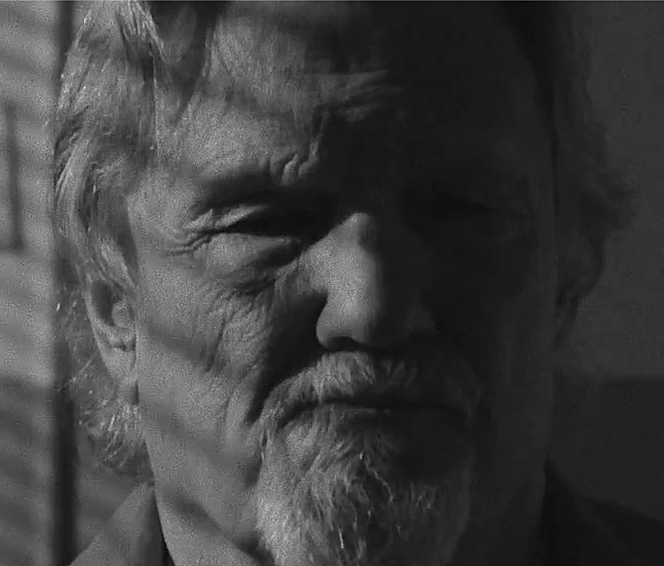
Wikipedia:
“Tom Traubert’s Blues” opens the album Small Change. Jay S. Jacobs has described the song as a “stunning opener [which] sets the tone for what follows.” The refrain is based almost word by word on the 1890 Australian song, “Waltzing Matilda” by A.B. “Banjo” Paterson, although the tune is slightly different.
Old Grey Whistle Test, 1977:
The origin of the song is somewhat ambiguous. The sub-title of the track “Four Sheets to the Wind in Copenhagen” seems to indicate that it is about a time that Waits spent in Copenhagen in 1976 while on a tour. There, he apparently met Danish singer Mathilde Bondo. Indeed, in a 1998 radio interview, she confirmed that she met Waits and that they spent a night on the town together.
Waits himself described the song’s subject during a concert in Sydney Australia in March 1979: “Uh, well I met this girl named Matilda. And uh, I had a little too much to drink that night. This is about throwing up in a foreign country.” In an interview on NPR’s World Cafe, aired December 15, 2006, Waits stated that Tom Traubert was a “friend of a friend” who died in prison.

Bones Howe, the album’s producer, recalls when Waits first came to him with the song:
He said the most wonderful thing about writing that song. He went down and hung around on skid row in L.A. because he wanted to get stimulated for writing this material. He called me up and said, “I went down to skid row … I bought a pint of rye. In a brown paper bag.” I said, “Oh really?.” “Yeah – hunkered down, drank the pint of rye, went home, threw up, and wrote ‘Tom Traubert’s Blues’ […] Every guy down there … everyone I spoke to, a woman put him there.”
“Tom Traubert’s Blues” is one of Tom Waits’ most popular songs, although this is due in the most part by Rod Stewart’s vastly inferiors cover version. Waits’ original is heartbreakingly beautiful, containing some of the artist’s finest lyrics, especially in the croaking opening “Wasted and wounded/’Taint what the moon did/Got what I paid for now”. The story, essentially a drunken tale, fits the gorgeous, elegiac melody perfectly, and indeed the song is so evocative it’s almost impossible for the listener not to be swept up in the story. Although the arrangement and the use of strings doesn’t take any real risks, it embellishes the melody beautifully. Without doubt, one of Tom Waits’ finest recordings.
Here introduced as Waltzing Matilda at Rockpalast in 1977:
Continue reading Great songs: Tom Taubert’s Blues – Tom Waits



